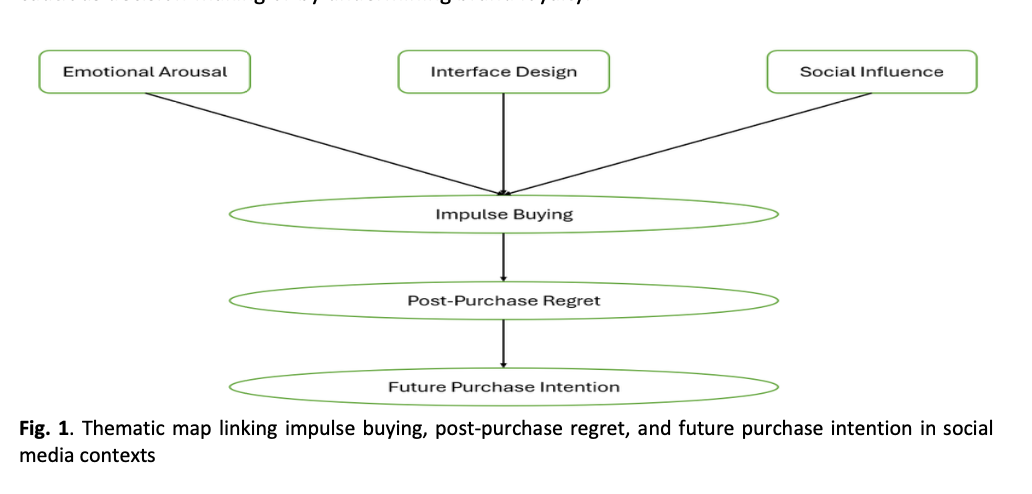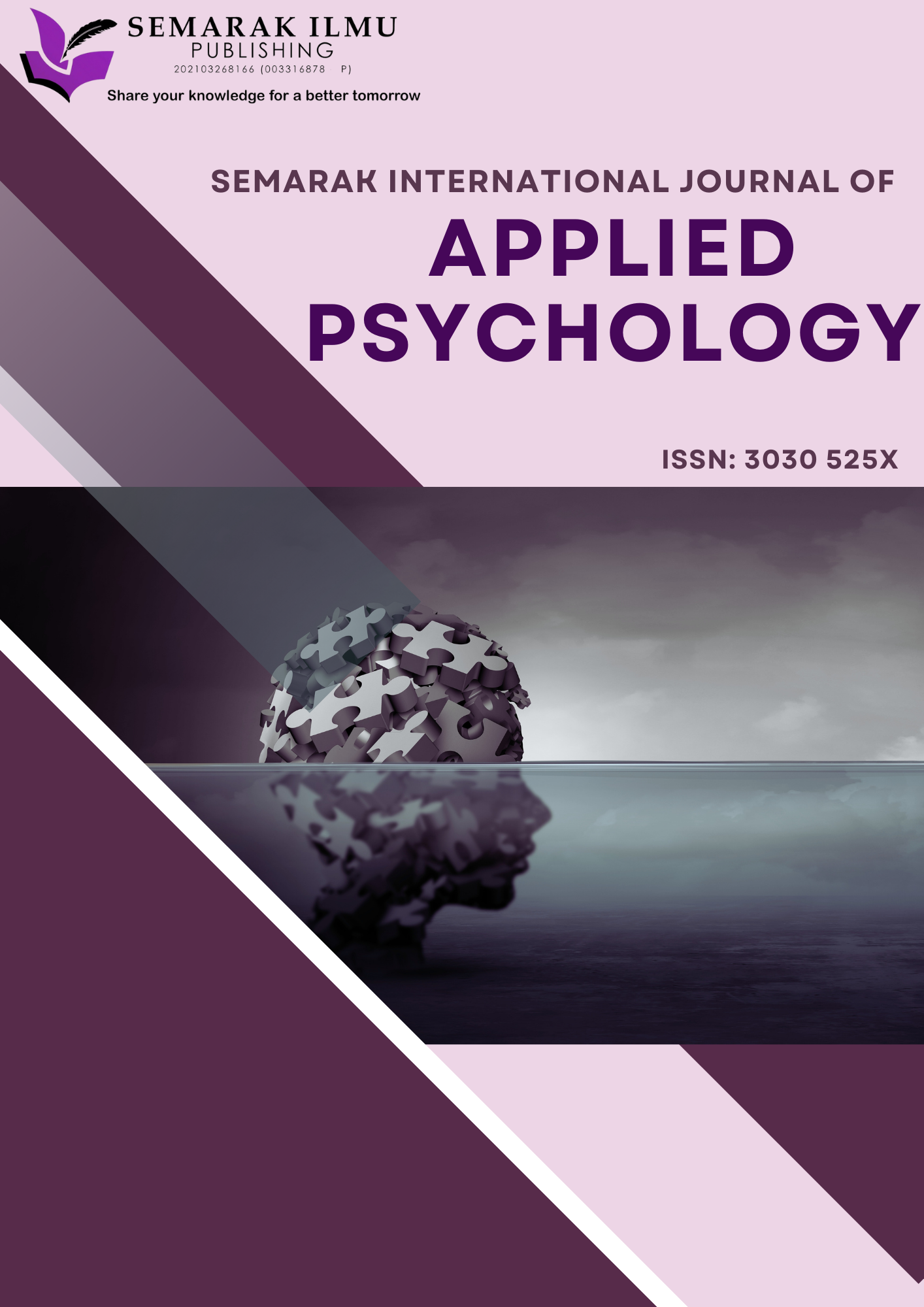Regret After Impulse Buying in Social Media Environments: A Secondary Data Analysis of Consumer Psychology
DOI:
https://doi.org/10.37934/sijap.6.1.4864Keywords:
Impulse buying, post-purchase regret, social media consumptionAbstract
Social media platforms have significantly reshaped consumer behavior by creating highly stimulating digital environments that promote unplanned, emotionally driven purchases. Unlike traditional retail settings, platforms like Instagram and TikTok use personalized algorithms, urgency cues, and influencer content to trigger impulsive consumption. Despite the convenience and excitement of digital shopping, many consumers report feelings of regret after making impulsive purchases, particularly when the product fails to meet expectations or leads to financial dissatisfaction. The problem this study addresses is the psychological consequence of impulsive buying in social media contexts, specifically, the emergence of post-purchase regret and its influence on future behavior. The purpose of this research is to explore the emotional and cognitive pathways from impulsive decision-making to regret and to identify how regret functions not only as an outcome but as a feedback mechanism in digital consumption.This study adopts a secondary data approach by analyzing findings from 25 peer-reviewed articles published between 2013 and 2024. Through qualitative thematic analysis, the research identifies four major themes: emotional arousal, interface design, social influence, and post-purchase regret. The results reveal a cyclical behavioral pattern where emotional triggers lead to impulse buying, followed by regret, which in turn influences self-regulation and future purchasing decisions. The study concludes that while impulse buying is often viewed as an isolated act, it sets in motion a psychological cycle that can affect brand trust, digital consumption habits, and long-term decision-making. The findings offer practical insights for marketers and platform developers on how to reduce harm and encourage responsible consumption through ethical and transparent design.










